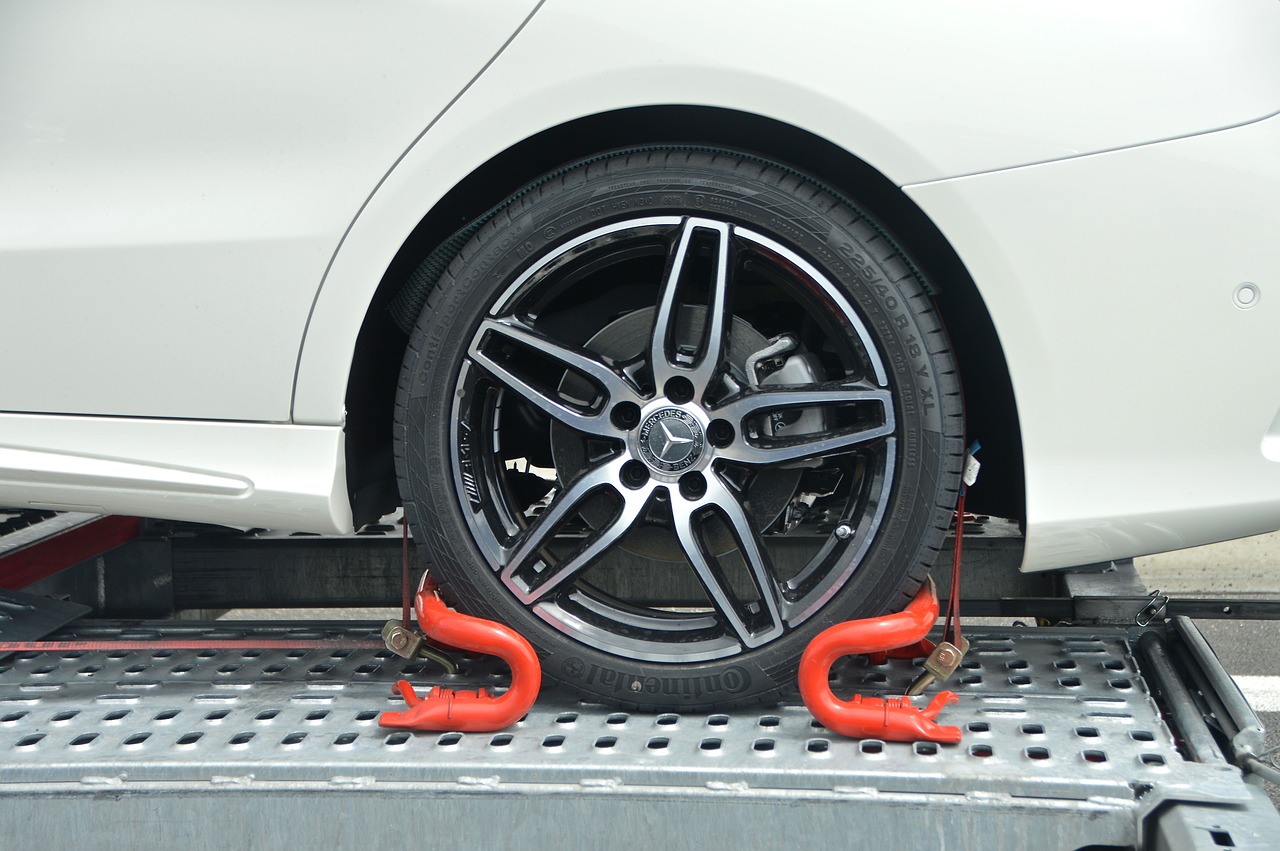When Floridians face personal bankruptcy, one of their biggest fears is losing their car. After all, getting to work, seeing friends or family, or running basic errands without a vehicle isn’t easy. But making car payments can often seem nearly impossible when financial challenges arise – and many wonder what their options may be if they face repossession.
Don’t Be Afraid to Contact Your Lender
If you are struggling to make your car payments, the best thing to do is contact your lender as soon as possible. Don’t wait to be in arrears and for the lender to come after your car. Many lenders are willing to work with their customers if they believe that they will have the ability to resume payments in the near future.
This means that if your situation is shortlived, the lender may negotiate a payment delay or revised schedule of payments. Acceptable scenarios may include:
- you had been out of work but are beginning a new job
- you’ve experienced a natural disaster, like a hurricane or tornado
- you were out of work due to injury or illness but have now recovered
Your vehicle lender might offer to defer payments, waive late fees, offer extended repayment plans, allow for grace periods, or postpone car repossession.
Expert Tip: If you reach an agreement with your lender, get all changes to your original contract in writing to protect yourself.
What Happens if My Lender Won’t Negotiate?
If your lender is unwilling to change your original terms, they may demand that the car be returned. If you agree to surrender the vehicle voluntarily, you might be required to pay less in fees. But even if you participate in a voluntary repossession, you will still owe the lender for the “deficiency.” The deficiency is the difference between what you still owe on the vehicle and the car’s current market value. (what the lender can sell the vehicle for.)
The creditor can still enter late payments or repossession on your credit report even if you voluntarily give up the car.
When is Repossession Likely?
In many states, the lender can take the vehicle when the loan or lease defaults – such as when a payment is missed.
Likewise, lienholders in Florida can legally repossess the debtor’s vehicle as soon as they default on their loan. The car can be seized at any time without prior notice and can even occur on the debtor’s property. However, a vehicle may not be taken in any way involving threats of force or physical violence. If a lender acts threateningly, they may be required to pay a penalty or reimburse the debtor for any harm done to them or damage to their property.
What Happens to Your Credit After Repossession
A vehicle repossession will significantly impact your credit score for up to seven years, the amount of time it remains on your report. It is important to note that any late payments, defaults, collections, or court judgments resulting from the car repossession will be listed as a negative item on your report.
The complexity of the credit system makes it impossible to quantify precisely how many points a credit score will drop after any event. However, payment history is the single most influential factor in calculating your credit score— so you can expect the effect to be significant. This is why it is essential to work with your lender to resolve the situation before repossession becomes necessary.
Bankruptcy and Repossession
If you are struggling with car payments and facing a financial crisis, Chapter 7 bankruptcy may provide the necessary solution.
Don’t feel hopeless; get the advice you need. Call the offices of Richard V. Ellis today to learn more about how filing for bankruptcy can help you keep your vehicle while getting a fresh start.
.





